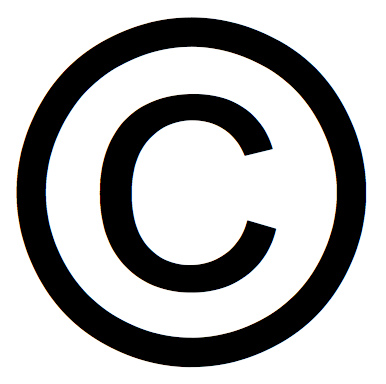Almost since the advent of the internet, music copyright laws have been a controversial source of debate. In several high-profile cases, music copyright laws have seen musicians, record labels, website owners, and individual consumers all in front of a court for one reason or another.

Why Copyright Laws Exist
Copyright laws exist around music for the same reason they do around any other piece of intellectual property, whether written or something on an audio visual platform. The purpose of music copyright laws is to protect the creator of a piece of work and ensure they are paid or credited when something is copied or reproduced in part or in full.
Differences with Music Copyright Laws
The main differences in music copyright laws relate to the terminology used at various times, and particularly in regards to how compilations of music are dealt with. Compilations are somewhat unique to the music industry; you don’t often find a DVD with a compilation of films from different actors and studios, nor a compilation book with novels from different publishing houses.
With music compilations, a track remains the intellectual property of the original artist or record label, and has been used with permission. Details of this will usually feature in the inlay booklet of a compilation CD, which is often bigger than what you’d find in an album from an individual artist as a result.
How Long Does Copyright Last?
Previously, copyright laws protected musicians for 50 years. This means that any time a track is used or reproduced they’re entitled to be credited as the creator of the work and receive a ‘royalty’ payment. In 2011, this period was extended by a European Union directive to 70 years.
While this was seen as a victory for artists who were popular in the mid-20th century and would be liable to lose out on royalties, their protection pales in comparison to that enjoyed by composers; their estates retain copyright protection until 70 years after the composer has died!
Copyright Confusion
Music law and copyright is still something that confuses many, as there are a number of things, such as copying a back-up of a CD or saving it on a hard drive, which are legal. At the same time, the rise of digital rights management is expected to further blur the lines when it comes to music copyright law, and prevent people from reproducing what they own even under current ‘fair use’ guidelines.
Image Source: MikeBlogs
Are you a guitarist? Check out our full range of online guitar lessonsAre you a saxophonist? Check out our full range of online saxophone lessons
Subscribe to Pro Music Tutor from as little as £7.99 per month
Related Posts
-
20 Best Campfire Guitar Songs: Infographic
Infographic Credit: Zing Instruments
View All >> -
NEW RELEASE: Tony Remy’s Jazz and Blues Concepts Series 1
We’re incredibly excited to announce that Tony Remy’s first series for Pro Music Tutor, Jazz and Blues Concepts Series 1, is now live and available for unlimited HD streaming and download. This series has been over seven months in the making, since we first announced Tony would becoming one of our tutors in October 2015. […]
View All >>
Latest Blog Entries
-
The Benefits of Online Music Education
Learning music has never been easier, since the internet and modern technological advancements have opened the doors to countless possibilities, expanding the subjects people can choose from and how the lessons are taught. Now, people can study a whole host of music-related topics; from learning to play guitar or DJing, to understanding the inner workings […]
View All >> -
Essential Jazz Guitar Scales that are Easy to Learn
Improvising in jazz requires the ability to play in different keys over different chords. Results certainly do not come overnight, but with diligent practice, you would be surprised by what you can achieve. Many people ask me about what scales I use as if they were some big secret. While knowing your scales is very […]
View All >>
Blog Categories
- Categories
- Guitar Tips (93)
- History (36)
- How-To (38)
- Interviews (3)
- Music Industry (121)
- Prolinks Guitar (2)
- Prolinks Lessons (3)
- Prolinks Tutor's Profile (1)
- Saxophone Tips (40)
- Uncategorized (6)
Tags
Archive
- November 2018 (1)
- February 2018 (1)
- December 2017 (1)
- November 2017 (1)
- October 2017 (1)
- July 2017 (4)
- May 2017 (2)
- April 2017 (1)
- August 2016 (2)
- July 2016 (1)
- June 2016 (2)
- May 2016 (3)

